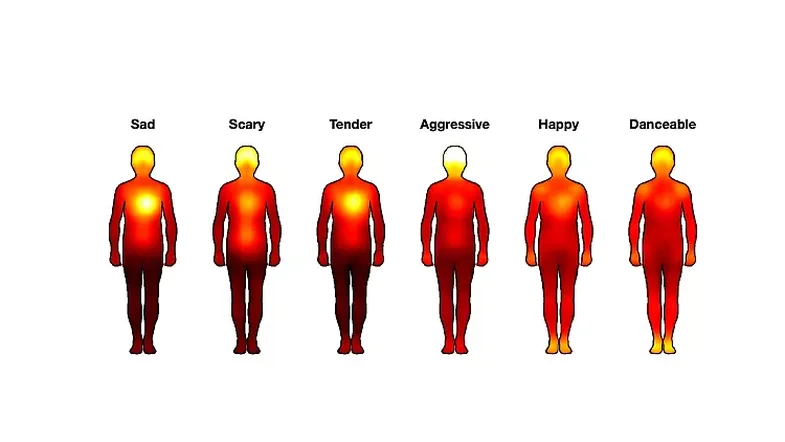
What kind of music gets you up? A Finnish study reveals that people from different cultures have the same bodily sensations when listening to the same music. Do you know the reasons why this phenomenon occurs?
Movement and emotions are inextricably linked to music, as well as musical rhythms to people. But if music is the "universal language of mankind," does that mean we all respond to it in the same way?
A new study in Finland shows that despite cultural differences, bodies and minds react similarly to music that is considered happy, sad, soft, scary, aggressive or loud.
"People seem to feel music in a similar way in different parts of the world," Finnish researcher Vesa Putkinen told Euronews Culture. "So this shows that there is something universal about the way music activates our bodies."
Putkinen and the Turku PET Center team in Finland compared participants from East and West Asia, choosing two cultures that were geographically opposite, with different musical traditions.
Together with some researchers in China, they surveyed around two thousand people in the UK, US and China about how they felt while listening to music. Participants were asked to listen to the same music clips and then color a drawing of the human body, indicating which areas of the body they felt changed during the song.

The results showed what the researchers called "Body Sensation Maps (BSM)", which showed how people's body sensations changed while listening to the same song. These body sensation maps compile responses from study participants, which show that across cultures people respond similarly to the same music.
Research has already shown that people universally nod their heads and move their feet when they listen to music, an almost reflexive response that starts to emerge as early as childhood.
If people don't physically move, exposure to music can activate sensory areas in the brain, meaning the brain is thinking about movement.
So, there is no doubt why people from every corner of the world react almost the same to the same music they hear.
Suggested Articles:





